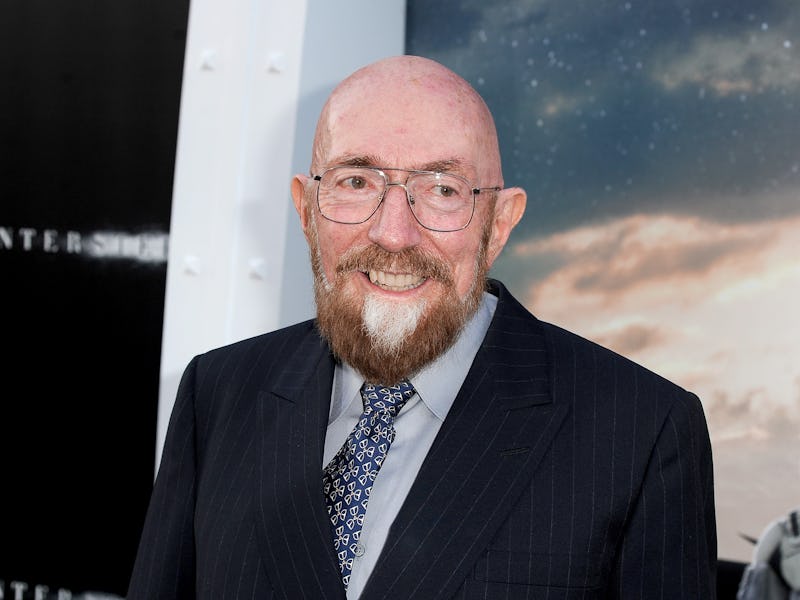$3 Million Breakthrough Prize Goes to Scientists Who Proved Gravitational Waves
The revered physicists behind the LIGO project are being recognized for their groundbreaking discovery of gravitational waves.

One hundred years ago, Albert Einstein predicted the existence of gravitational waves. This year, his scientific descendants — including eminent physicists Kip Thorne, Ronald W.P. Drawer, and Rainer Weiss — proved his theory was correct, and today, the Breakthrough Foundation announced they will get a $3 million prize.
The Special Breakthrough Prize committee, which has the power to award extraordinary scientific achievements at any time, announced today that Thorne, Drawer, and Weiss — founders of the LIGO, or Laser Interferometer Gravitational-Wave Observatory — would share $1 million of the prize, while the other $2 million would be shared among 1,012 other scientists and engineers that contributed to the paradigm-changing study on gravitational waves, which went public in February of this year.
Thorne (ranked seventh in Inverse’s Astronomer Power Rankings) and Drever, both physics emeriti at the California Institute of Technology, together with Weiss, a professor of physics emeritus at M.I.T., had devoted their careers to detecting the seemingly immeasurable vibrations predicted by Einstein. In the late 1970s, Drever and Thorne founded the gravitational wave program at Caltech while Weiss did the same at M.I.T..
Later, when they founded the LIGO project in 1992, their research became the foundation of the design and construction of two four-kilometer-long instruments called interferometers, which were essential to the detection of the long-sought-after gravitational waves.
Shooting lasers back and forth using mirrors, an interferometer can detect signals that are a mere thousandth the diameter of a proton. In September, the interferometers detected the waves expelled after two black holes collided and merged nearly 1.3 billion light years away.
The laureates, together with the co-authors of the paper, will be recognized at the 2017 Breakthrough Prize ceremony this fall. They join Stephen Hawking, now on the Breakthrough Prize selection committee, as well as the seven leaders of the Large Hadron Collider teams that discovered the Higgs Boson, as recipients of the immense cash prize.